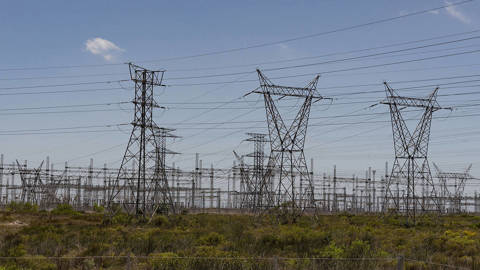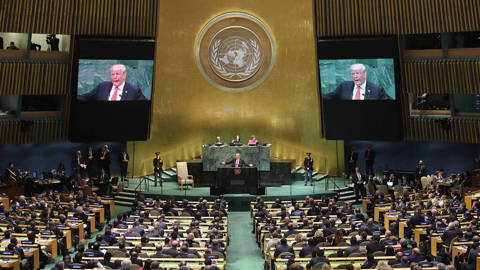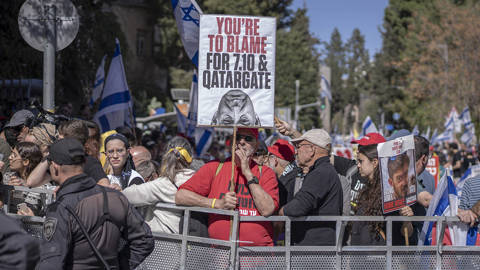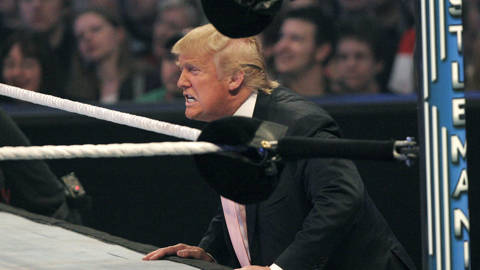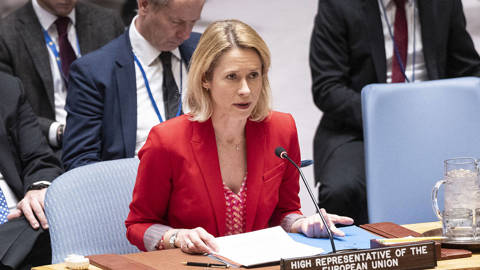Jean-Paul Fitoussi
Jean-Paul Fitoussi is Professor Emeritus of Economics at Sciences-Po and Research Director of OFCE (Sciences-Po Center for Economic Research, Paris).
-
Putting People First in Europe
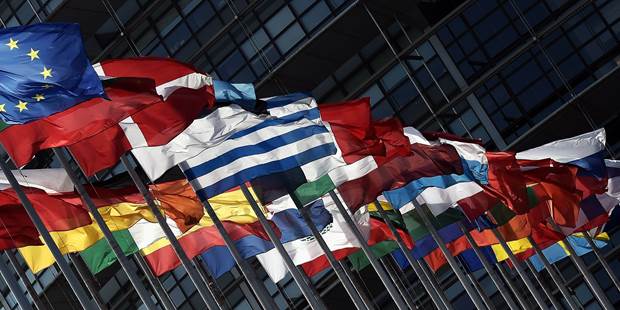
Putting People First in Europe
Aug 5, 2016 Jean-Paul Fitoussi & Khalid Malik argue that stanching the rise of populism requires budget priorities that maximize human wellbeing.
-
A Modest Proposal for the G-20
A Modest Proposal for the G-20
Apr 1, 2011 Wing Thye Woo, et al.
-
The Fallen Heroes of the Financial Crisis
The Fallen Heroes of the Financial Crisis
Dec 21, 2010 Jean-Paul Fitoussi
-
The Revolt of the Meritocrats
The Revolt of the Meritocrats
Sep 28, 2009 Jean-Paul Fitoussi
-
The End of (Economic) History?
The End of (Economic) History?
Feb 28, 2008 Jean-Paul Fitoussi
